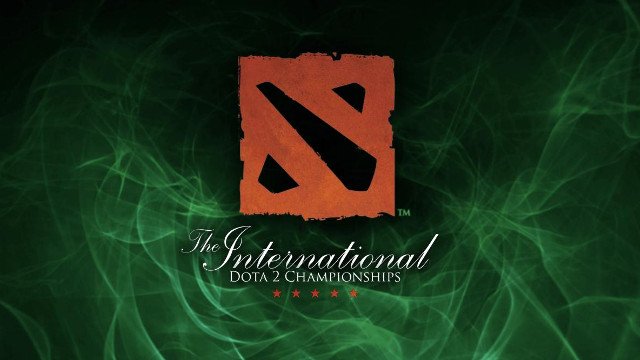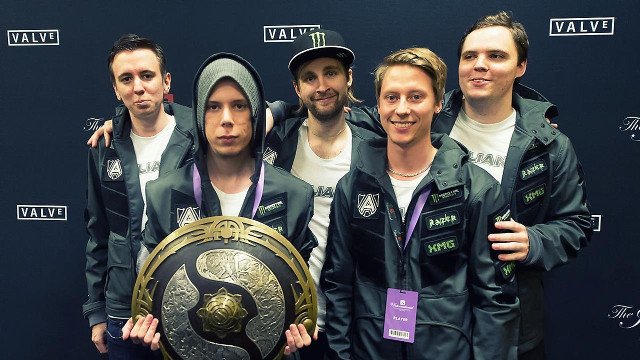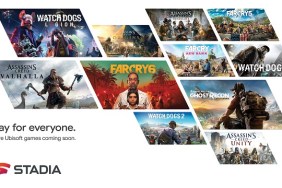In many ways, eSports is a relatively new industry with a full head of steam, and, while it keeps moving forward at a rapid pace, the rest of the world seems a bit slow to catch up. In many cases, this gap has tangible, real-world consequences.
That was the case when Dota 2 player Henrik “AdmiralBulldog” Ahnberg, a Swedish citizen, was denied access to the U.S. after being invited to Valve’s International 2017 tournament as an analyst. As Ahnberg explained in a long post on JustPaste.it, he was forced to wait for hours at U.S. customs before finally being told that he had the wrong Visa required for someone to be working in the U.S. From there, the situation only gets more convoluted, as eSports Law offices, teams and players weigh in on what is a confusing system at best and a broken one at worst.
Of course, this is an issue players have ran into on numerous occasions throughout the history of Dota 2 and of eSports in general. Back at the 2014 International tournament, two Asian teams were denied access to the U.S., and only one was eventually granted access. Although, this hasn’t affected Ahnberg before, as he, himself, was granted access to the U.S. during the 2013 International, where his team Alliance were crowned champion.

AdmiralBulldog was allowed access at TI3, where Alliance won the championship.
Among all of this confusion, though, one thing is clear: players are normally entered into the U.S. with a Business Travel Visa, meaning they are there to conduct business for a foreign-based entity. As is clearly stated on the travel.state.gov description, this Visa does extend to those competing for prize money, the way eSports players do in tournaments. Team Empire and the CEO of compLexity Live Gaming Kyle Bautista both expressed on Twitter that their players have always been let in with a Business Travel Visa.
That said, according to several player and team reports, even this can lead to confusion. Phillip Aram, manager of Evil Geniuses Dota 2 team, wrote on Twitter regarding this situation that “one off esports travel is a grey area,” saying how one of his players “came in and out of the US multiple times saying the same exact thing without issue. Last trip back he got bounced out of the blue.”
Bryce Blum, founder of Electronic Sports Gaming Law, a law office devoted to eSports, echoed these statements on Twitter calling the process of allowing access to the U.S. “highly discretionary.” Added Blum: different consular officers interpret the situation different […] You can have identical petitions with different results.”
Different consular officers interpret the situation different. It’s highly discretionary.
— Bryce Blum (@esportslaw) August 1, 2017
But the key here is that Ahnberg wasn’t attempting to come to the U.S. as a player participating in the tournament; he was invited as an analyst. Depending on how you look at it, and especially considering the “highly discretionary” nature of U.S. border decisions, it could be interpreted that he have a work Visa, not a business Visa. From there, it only gets more complicated. Is he working for the U.S. company Valve, or the tournament organizer, which is the EU-based PGL?
In the meantime, Ahnberg is back in Sweden with no reasonable hope of returning to the U.S. in time for the International, even if he gets an acceptable Visa. He will not be paid as tentatively agreed, and he’s had to incur the full breadth of travel costs, including the emergency flight back, which, in total exceeds $2,000 USD.
We’ve reached out to Valve, as well as several TI Staff members, about these issues, but it seems these questions are above everyone’s pay grade, and they expose what continues to be the most difficult part of The International for players: getting there.







